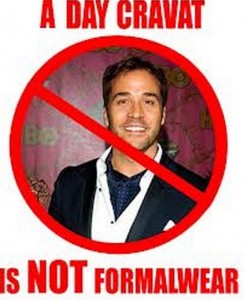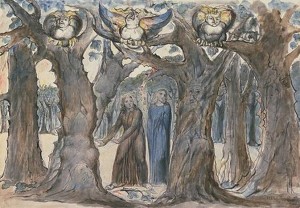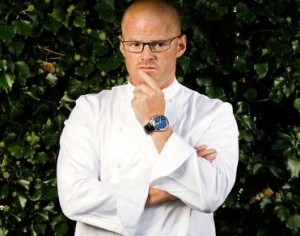Not Your Heart Away
“What spires, what farms are those? That is the land of lost content, I see it shining plain. The happy highways where I went and cannot come again.”
 You’ve seen it from a train window, like Ben on his way back from another desultory university interview in Not Your Heart Away. Or looking out through a car windscreen, once, twice, a thousand times and you’re still not really sure what that place is called. Even the time you sat down and looked at a map or Google Earth and worked out the place it probably is, you still know nothing about it. What it’s like. Who lives there. What they care about. Who they loved. You know now that you probably never will.
You’ve seen it from a train window, like Ben on his way back from another desultory university interview in Not Your Heart Away. Or looking out through a car windscreen, once, twice, a thousand times and you’re still not really sure what that place is called. Even the time you sat down and looked at a map or Google Earth and worked out the place it probably is, you still know nothing about it. What it’s like. Who lives there. What they care about. Who they loved. You know now that you probably never will.
The spires are the churches that hardly anyone goes to because they forgot what they were for. When they were built they served not just as a place to worship but a place to meet, to talk, to tell stories, a village hall as well as a church. It was probably the one place in the village the squire’s word was only the second most important thing in your life, and the squire didn’t openly cross the parson if he had any sense. Not with all of Rome behind him. That changed, eerily like today. Something of one state was taken by a law decreed by another state. The friends of one kept quiet if they wanted an easy life and the friends of the second got rich. Nothing really changes much.
Change Happens
The farms did though. I’ve spent the last couple of weeks getting to know an old-fashioned farm a few miles from me. They need a business plan to change from being a hobby to a business, so I said I’d help. Because it’s been years since I was anywhere near a farm I’ve gone over and helped round up cows and do the non-milking parts of milking, to see what it is they actually do apart from worship Solihull LandRovers, like all British farmers and unlike all French farmers, who find a two-wheel drive van perfectly adequate for almost anything they ever have to do that doesn’t need a tractor. So I’ve been feeding. Cleaning. Fly-swatting. Walking. Moving straw. Hanging-up the salt lick. It isn’t what anyone would call a skilled job but it doesn’t do itself. And you can do an awful lot of harm by accident if you don’t keep thinking about what you’re doing. It gives you time to do something important though, watching the animals, seeing which one is feeding which calf. Which one that if you notice there’s something going slightly wrong in its life today needn’t cost you a fortune to sort-out next week.
It’s a tiny farming operation, just eight cows and four of them with calves. They only eat grass, no grain and because the soil is so thin down here on this edge of England and it hasn’t really rained for months the cows are being fed hay already, only just past half-way through the year, from big round bales that have to get up to the top field, the same as the salt lick does. Did you remember to bring a knife to cut the plastic off? Did you remember to put the plastic in your pocket? Because the cows are going to eat that if you don’t, and then they’re going to get the plastic stuck in one of their stomachs and that’s going to cost hundreds to fix, or a dead cow. So wake up. It’s not just about chewing straws.
Pushing back
The electric fences are old and sometimes there’s current in ones you were sure were off and no current in ones you needed to be on. You can’t lead a cow unless it’s got a ring through its nose. It’ll go where it wants to, so you need to think about what’s going to make it go where it wants to go. You can push it out of the way if you’ve got something to lever against like a cowshed wall and when you’re stuck between the breezeblocks and the cow you find a certain strength if you’ve any sense, before you promise yourself not to get stuck there again.
The milking machine only does one cow at a time, for the tourists who gather to see how it was done. The little ones are fascinated at the idea of a real cow just feet away from them, and they’d be more fascinated if they were left in the stall with the black and white rescue cow who came from a commercial dairy where by the way she acts the way to get cows moving where you want them was to kick them and flail them with sticks. Still, supermarket milk at 21p a litre to the farmer doesn’t get itself, does it? The old tourists remember, or say they do, but so often when the milk is warm in the churn and everyone is offered a taste the reaction isn’t ‘how delicious,’ which it is, but ‘yuk, it’s not cold.’ Tell me about the thriving food culture in the UK, the one you read about in every Sunday paper, even the tabloids. No, seriously. I’ll listen. I’ve got all day.
It feels like a land of lost content now, with the sun shining. It’ll be a different story of a March morning when the raw rain is sweeping in from the sea and the Spring won’t start. But it comes back to me again and again. One day maybe it won’t burn. One day.




